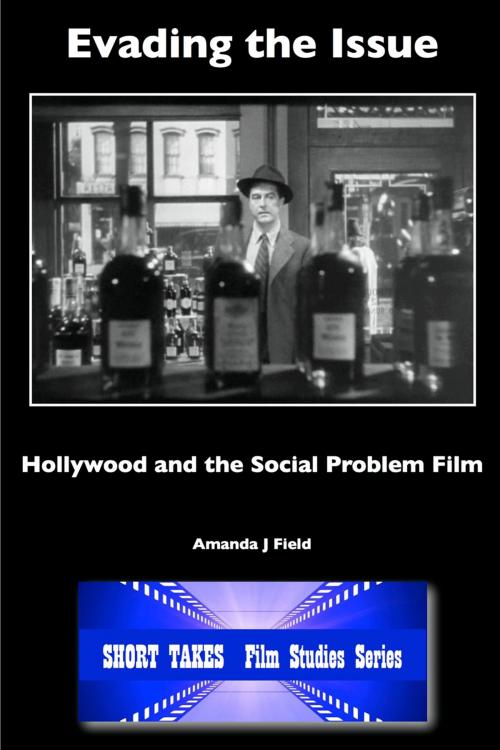Evading the Issue
Hollywood and the Social Problem Film
Nonfiction, Entertainment, Film, History & Criticism, Performing Arts, Art & Architecture, General Art, Art Technique| Author: | Amanda J Field | ISBN: | 9781909183797 |
| Publisher: | Andrews UK | Publication: | March 24, 2015 |
| Imprint: | Chaplin Books | Language: | English |
| Author: | Amanda J Field |
| ISBN: | 9781909183797 |
| Publisher: | Andrews UK |
| Publication: | March 24, 2015 |
| Imprint: | Chaplin Books |
| Language: | English |
Tino Balio, in his book The American Film Industry, said that the Production Code meant that American films could not deal with political or social issues ‘in an honest and truthful fashion’. This incisive essay tests out the legitimacy of Balio’s claims, using The Lost Weekend (directed by Billy Wilder, 1945) as an example of the Hollywood ‘problem film’. Rather than treating the film as being an entity with a single, unchanging meaning, it is put into its historical and social context, in particular the commercial context within which the studios were working. The commercial imperatives hardly sat well with the reality of a social problem such as alcoholism and this essay reminds us that the prime aim of the industry was to entertain: many of these ‘problem films’, therefore, were as honest and truthful within these confines as it was possible to be.
Tino Balio, in his book The American Film Industry, said that the Production Code meant that American films could not deal with political or social issues ‘in an honest and truthful fashion’. This incisive essay tests out the legitimacy of Balio’s claims, using The Lost Weekend (directed by Billy Wilder, 1945) as an example of the Hollywood ‘problem film’. Rather than treating the film as being an entity with a single, unchanging meaning, it is put into its historical and social context, in particular the commercial context within which the studios were working. The commercial imperatives hardly sat well with the reality of a social problem such as alcoholism and this essay reminds us that the prime aim of the industry was to entertain: many of these ‘problem films’, therefore, were as honest and truthful within these confines as it was possible to be.















